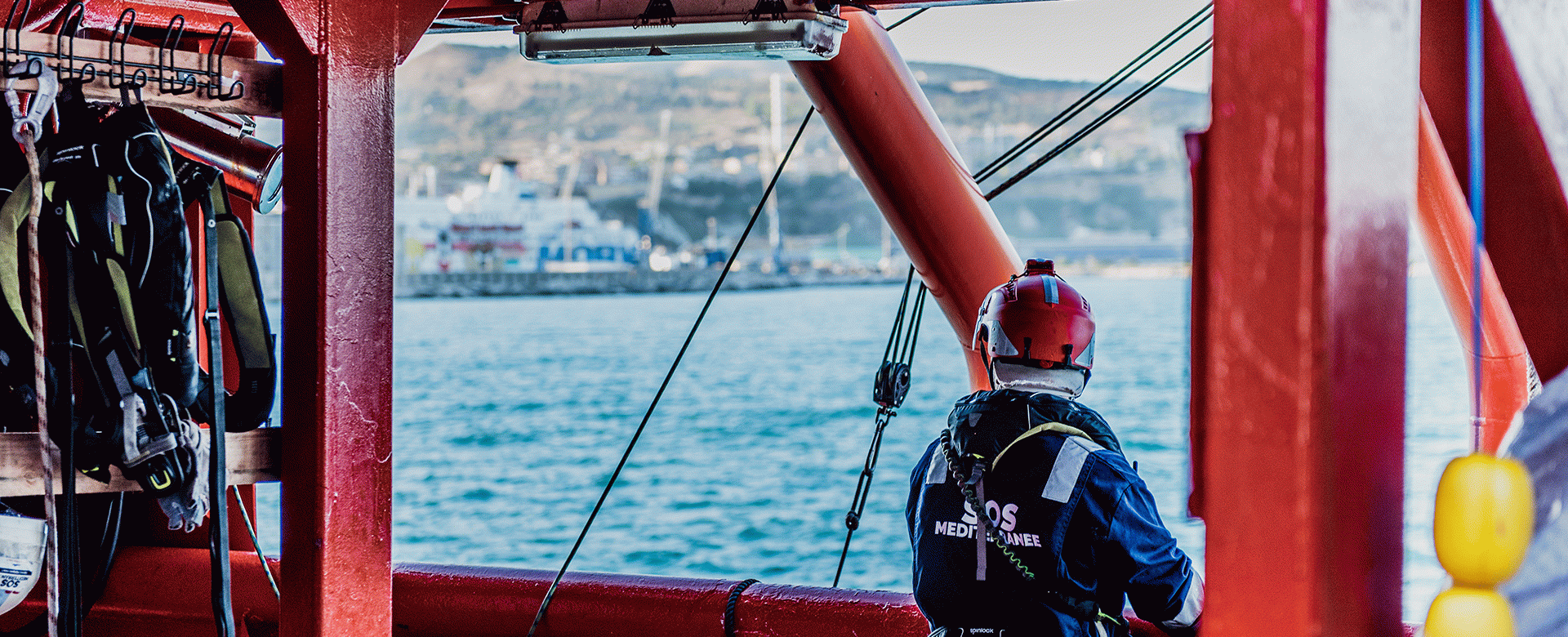The Committee, at its thirty-fifth session (12 to 16 January 2009), acknowledging the necessity for Member Governments to have common ground regarding the administrative procedures for disembarking persons rescued at sea, identified the following five essential principles that Member Governments should incorporate into their administrative procedures for disembarking persons rescued at sea in order to harmonize the procedures and make them efficient and predictable:
- The coastal States should ensure that the search and rescue (SAR) service or other competent national authority coordinates its efforts with all other entities responsible for matters relating to the disembarkation of persons rescued at sea;
- It should also be ensured that any operations and procedures such as screening and status assessment of rescued persons that go beyond rendering assistance to persons in distress are to be carried out after disembarkation to a place of safety. The master should normally only be asked to aid such processes by obtaining information about the name, age, gender, apparent health and medical condition and any special medical needs of any person rescued. If a person rescued expresses a wish to apply for asylum, great consideration must be given to the security of the asylum seeker. When communicating this information, it should therefore not be shared with his or her country of origin or any other country in which he or she may face threat;
- All parties involved (for example, the Government responsible for the SAR area where the persons are rescued, other coastal States in the planned route of the rescuing ship, the Flag state, the shipowners and their representatives, States of nationality or residence of the persons rescued, the State from which the persons rescued departed, if known, and the United Nations High Commissioner for Refugees (UNHCR)) should cooperate in order to ensure that disembarkation of the persons rescued is carried out swiftly, taking into account the masterís preferred arrangements for disembarkation and the immediate basic needs of the rescued persons. The Government responsible for the SAR area where the persons were rescued should exercise primary responsibility for ensuring such cooperation occurs. If disembarkation from the rescuing ship cannot be arranged swiftly elsewhere, the Government responsible for the SAR area should accept the disembarkation of the persons rescued in accordance with immigration laws and regulations of each Member State into a place of safety under its control in which the persons rescued can have timely access to post rescue support;
- All parties involved should cooperate with the Government of the area where the persons rescued have been disembarked to facilitate the return or repatriation of the persons rescued. Rescued asylum seekers should be referred to the responsible asylum authority for an examination of their asylum request; and
- International protection principles as set out in international instruments should be followed
